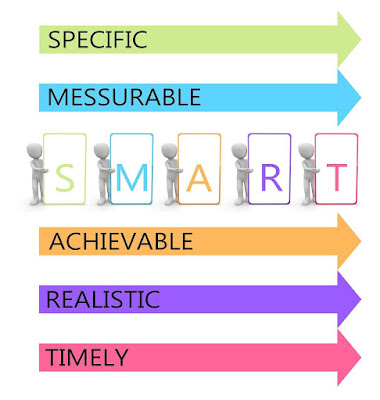Posted inlife style Blog
Developing Emotional Intelligence for Better Relationships
Understanding Emotional Intelligence Definition and Components of Emotional Intelligence Emotional intelligence (EI) refers to the ability to recognize, understand, and ...

